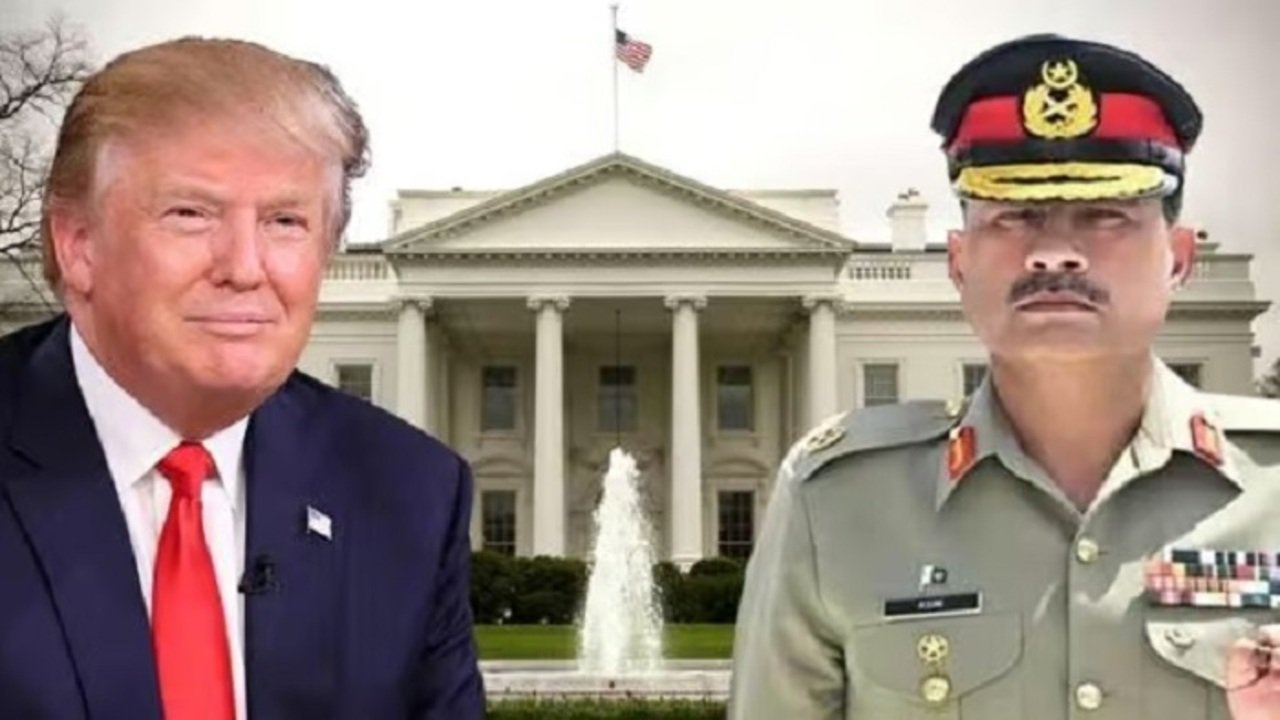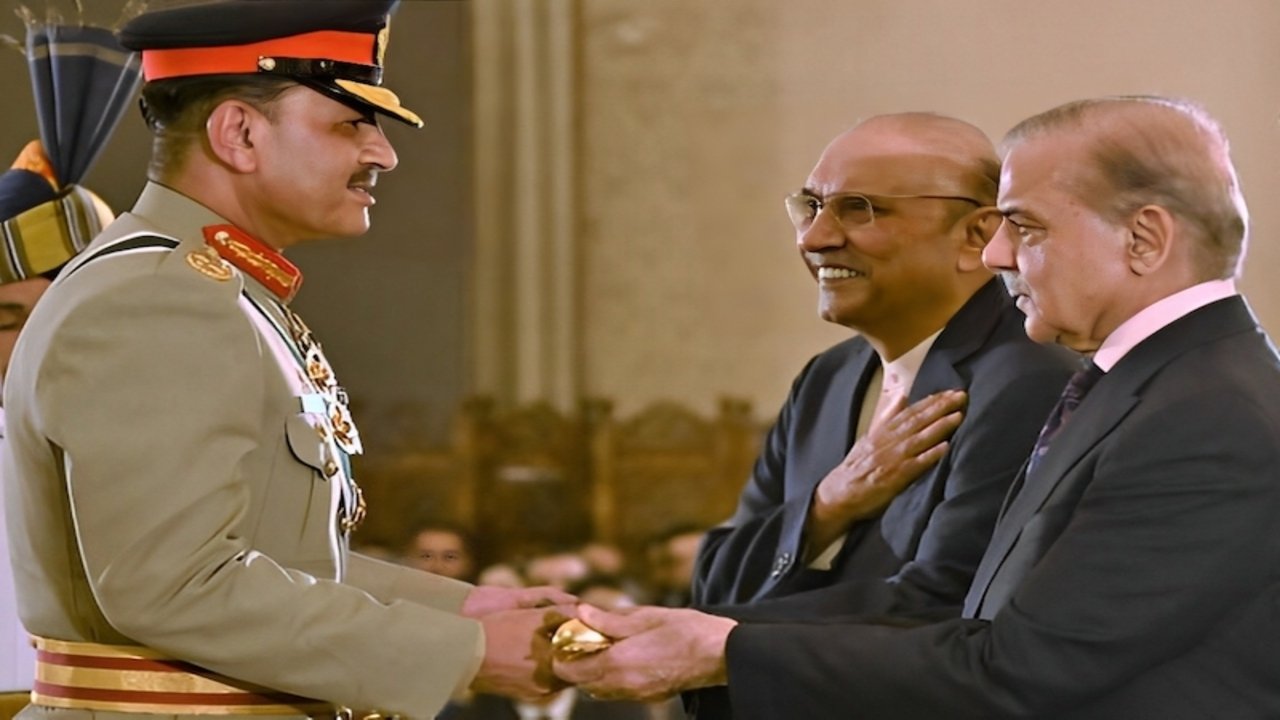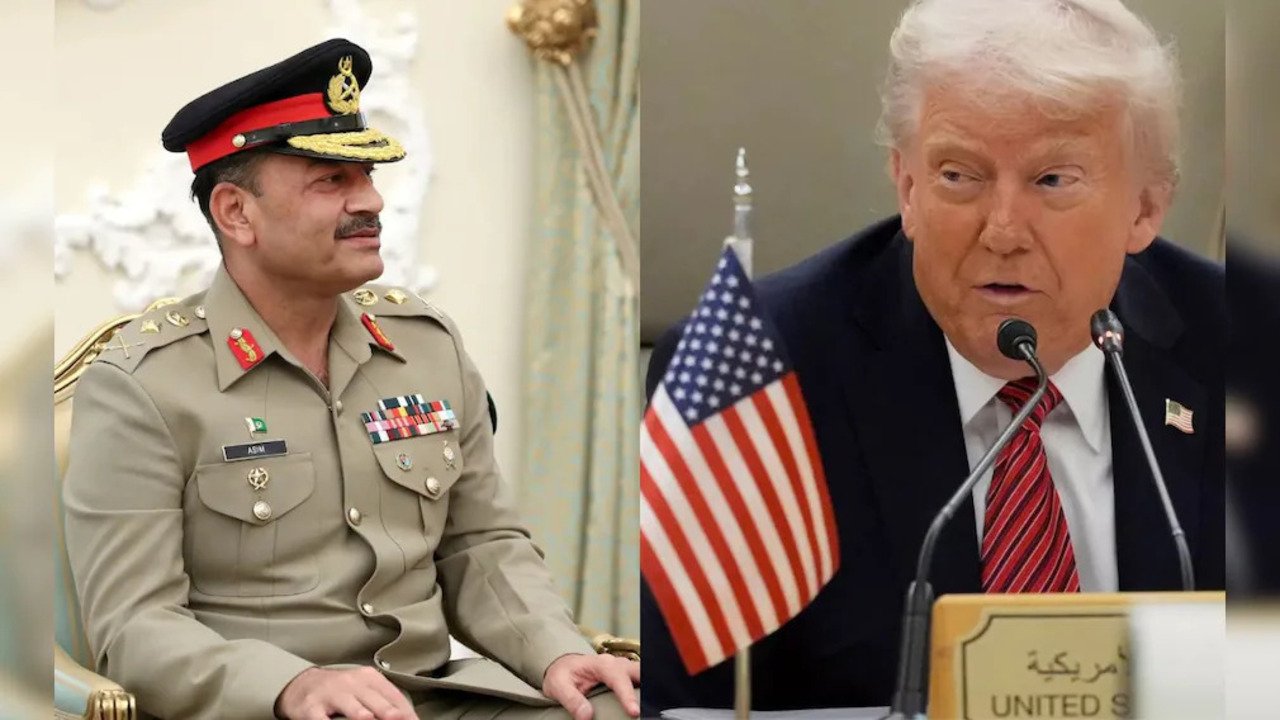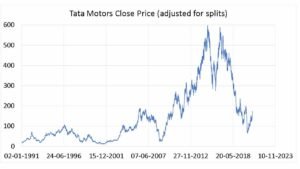Asim Munir/Donald Trump: Relations between US-Pakistan
Asim Munir/Donald Trump In 2025, the evolving relationship between Pakistan’s Chief of Army Staff, Field Marshal Syed Asim Munir, and United States President Donald Trump has captured global attention. This unprecedented engagement, marked by high-profile meetings and a noticeable warming of US-Pakistan ties, signifies a strategic shift in geopolitical dynamics, particularly in South Asia and the broader Middle East. The interactions between Munir and Trump, especially their historic White House meeting in June 2025, have sparked widespread analysis and debate. This article explores the latest developments, their implications for regional stability, economic cooperation, and the domestic challenges facing Pakistan, drawing on recent reports and analyses from credible sources.
Asim Munir/Donald Trump The Historic White House Meeting

On June 18, 2025,Asim Munir/Donald Trump, for a private luncheon at the White House, an event described as a “protocol-redefining” moment in US-Pakistan relations. This meeting was unprecedented, as it marked the first time a sitting US president welcomed a Pakistani military leader without the presence of civilian officials. The two-hour discussion, initially scheduled for one hour, covered critical issues such as the Iran-Israel conflict, counter-terrorism, and potential trade deals. Trump praised Munir for his role in averting a full-scale war between Pakistan and India in May 2025, crediting him with significant influence in securing a ceasefire.
The meeting’s significance was amplified by its timing. It occurred amidst heightened tensions in the Middle East, with Israel conducting strikes on Iranian nuclear facilities and Iran retaliating with missile attacks. Trump noted that Pakistan, sharing a 900-kilometer border with Iran, provided valuable insights into the situation, stating, “They know Iran very well, better than most.” The discussions also touched on economic cooperation, with Trump highlighting ongoing trade negotiations with both Pakistan and India. This engagement signaled a cautious thaw in US-Pakistan relations, which had been strained in recent years due to disagreements over counter-terrorism strategies and Pakistan’s growing alignment with China.
Context of US-Pakistan Relations
Asim Munir/Donald Trump The US-Pakistan relationship has historically been transactional, with peaks of cooperation during the Cold War and the post-9/11 “war on terror.” However, ties deteriorated after the US withdrawal from Afghanistan in 2021, with former President Joe Biden labeling Pakistan as “one of the most dangerous nations.” Trump’s second term, starting in 2025, has seen a dramatic shift. His administration’s focus on counter-terrorism, regional stability, and economic opportunities has reinvigorated ties with Pakistan. The designation of the Balochistan Liberation Army (BLA) as a foreign terrorist organization during Munir’s second US visit in August 2025 was a significant diplomatic win for Pakistan, aligning with its narrative of being a victim of terrorism.
Munir’s strategic outreach has been pivotal. His nomination of Trump for the Nobel Peace Prize for preventing a nuclear war between India and Pakistan, coupled with Pakistan’s assistance in apprehending the suspect of the 2021 Abbey Gate bombing in Kabul, has strengthened bilateral ties. Trump’s public appreciation, including statements like “I love Pakistan” and calling Munir “extremely influential,” underscores this reset. However, analysts caution that this warming may be driven by Trump’s personal approach rather than institutional policy, describing it as a “mercurial” and “personalized” shift.
The May 2025 India-Pakistan Conflict
A critical backdrop to the Munir-Trump engagement was the brief but intense military confrontation between India and Pakistan in May 2025. Triggered by an April attack in Indian-administered Kashmir that killed 26 civilians, India launched strikes inside Pakistani territory on May 7. Pakistan responded with air force operations, downing several Indian jets, and both sides exchanged drone and missile attacks until a US-mediated ceasefire was achieved on May 10. Trump claimed credit for stopping a potential nuclear war, praising both Munir and Indian Prime Minister Narendra Modi for their restraint. However, India maintained that the ceasefire resulted from bilateral dialogue, rejecting claims of US mediation.
Munir’s role in de-escalating the conflict earned him significant goodwill in Washington. His military leadership during the confrontation demonstrated Pakistan’s capability to counter a larger adversary, prompting Trump to view Pakistan through a “new strategic lens.” This perception was reinforced by Munir’s nuclear rhetoric during his August 2025 US visit, where he stated, “If we think we are going down, we will take half the world down with us,” a remark that drew criticism from India but no condemnation from the US. This lack of response highlighted the strengthening US-Pakistan alignment under Trump.
Economic and Strategic Opportunities
Asim Munir/Donald Trump meetings have opened avenues for economic cooperation. Pakistan has offered the US access to its rare earth minerals, oil reserves, and cryptocurrency industries, aiming to attract investment. A notable outcome was the reduction of US tariffs on Pakistani goods from 29% to 19%, a move seen as a reward for Pakistan’s counter-terrorism cooperation and strategic alignment. Discussions also covered data centers, bitcoin mining, and real estate development, reflecting Pakistan’s shift toward economic diplomacy.
However, Pakistan’s economic challenges pose risks to this partnership. The country has struggled to meet International Monetary Fund (IMF) targets, missing three out of five benchmarks in its $7 billion bailout program as of August 2025. Fiscal mismanagement and provincial overspending have exacerbated Pakistan’s financial crisis, potentially deterring American investors. Despite these challenges, Munir’s ability to secure Trump’s attention through promises of mineral wealth and counter-terrorism support has bolstered Pakistan’s strategic relevance.
Domestic Challenges for Asim Munir

While Munir enjoys international recognition, he faces significant domestic challenges. His promotion to Field Marshal in May 2025, a rare honor previously held only by General Ayub Khan, has fueled speculation about his political ambitions. Comparisons to past military leaders who seized power, such as Ayub Khan and Pervez Musharraf, have raised concerns about potential tensions with Pakistan’s civilian leadership, including President Asif Ali Zardari and Prime Minister Shehbaz Sharif. Pakistani officials have dismissed these claims, emphasizing Munir’s focus on national stability.
The imprisonment of former Prime Minister Imran Khan remains a contentious issue. Khan’s Pakistan Tehreek-e-Insaf (PTI) party gained significant seats in the February 2024 elections despite a ban, and his supporters continue to demand his release. Reports suggest Trump raised the “Imran Khan situation” during the June 2025 meeting, urging Munir to resolve the political standoff to appease Pakistani-American voters. Munir’s reluctance to accommodate Khan could strain relations with both domestic and international stakeholders, particularly as Khan’s popularity among the Pakistani diaspora grows.
Additionally, Munir faces challenges from rising militancy in Khyber Pakhtunkhwa and Balochistan. The Balochistan Liberation Army’s intensified attacks, including the March 2025 hijacking of the Jaffar Express, highlight Pakistan’s internal security issues. The US designation of the BLA as a terrorist organization was a diplomatic victory, but Munir’s pledge to eradicate terrorism faces skepticism due to ongoing insurgencies and historical neglect of Baloch grievances.
Geopolitical Implications
The Munir-Trump alignment has broader implications for South Asia and the Middle East. The warming of US-Pakistan ties comes at a time when US-India relations are strained over trade disputes, particularly India’s import of Russian oil, which prompted Trump to impose 50% tariffs. Pakistan’s strategic positioning, including its proximity to Iran and its role in counter-terrorism, makes it a valuable partner for the US. Munir’s discussions with Trump on the Iran-Israel conflict underscore Pakistan’s potential as a mediator, though its historical nuclear cooperation with Iran raises concerns in Washington.
Critics, including former Pentagon official Michael Rubin, have warned against over-reliance on Munir, likening him to “Osama bin Laden in a suit” and questioning his ideological alignment with US interests. Rubin’s caution reflects broader concerns about Pakistan’s reliability, given its history of alleged double-dealing during the “war on terror.” However, Trump’s personal rapport with Munir, bolstered by flattery and strategic concessions, suggests a pragmatic approach to leveraging Pakistan’s military influence.
Criticism and Controversy
Munir’s nuclear rhetoric during his August 2025 US visit drew sharp criticism, particularly from India. His statement, made on the 80th anniversary of the Nagasaki bombing, was seen as a calculated move to appeal to domestic hardliners and unsettle India amid warming US-Pakistan ties. India’s External Affairs Ministry expressed regret that such remarks were made from “the soil of a friendly third country,” highlighting tensions in the India-US-Pakistan triangle. Asim Munir/Donald Trump The lack of a US response to Munir’s comments further strained India-US relations, with some analysts suggesting Trump is using Pakistan to pressure India on trade negotiations.
Social media posts on X have reflected mixed sentiments. Some users, like @Starboy2079, allege that Munir compromised Pakistan’s sovereignty to gain Trump’s favor, while others, such as @pakistanwalli, view Trump’s engagement as a strategic move to placate Pakistani-American voters. These posts, while inconclusive, highlight the polarized perceptions of Munir’s growing influence and the US-Pakistan reset.
Conclusion
The evolving relationship between Asim Munir/Donald Trump marks a significant shift in US-Pakistan relations, driven by mutual strategic interests and Trump’s personalized foreign policy approach. Their June 2025 White House meeting and Munir’s subsequent visit in August underscore Pakistan’s renewed relevance in Washington, particularly in counter-terrorism, trade, and regional mediation. However, domestic challenges, including economic instability, militancy, and political tensions over Imran Khan, pose risks to Munir’s international gains. Asim Munir/Donald Trump The geopolitical implications of this partnership, especially in the context of strained US-India ties and the Iran-Israel conflict, will continue to shape South Asia’s strategic landscape. As Munir navigates these complexities, his ability to balance domestic pressures with global ambitions will determine the durability of this new chapter in US-Pakistan relations.











Post Comment